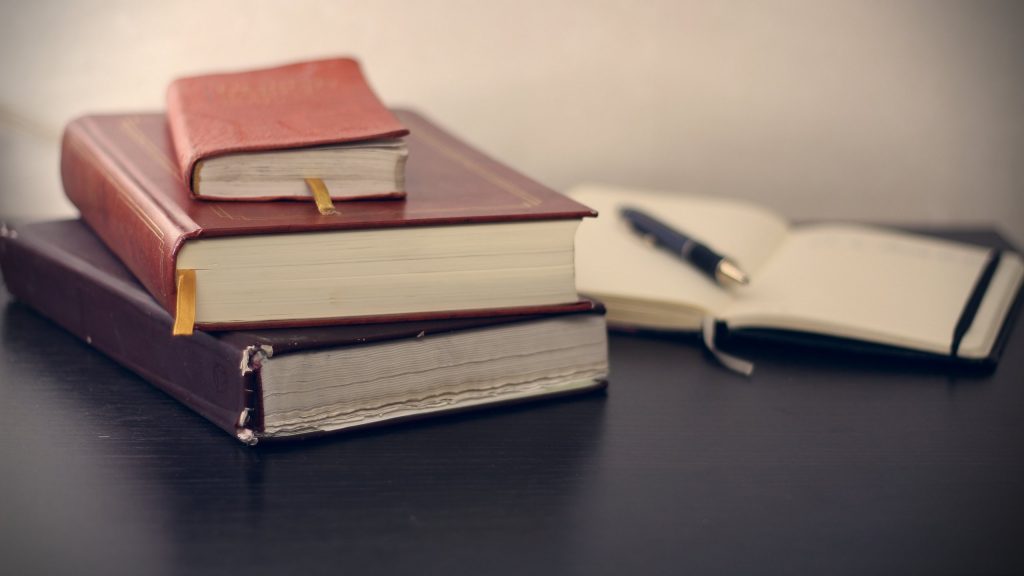
When you are gathering evidence for an attorney, it is important to make sure that you have all of the correct information. This includes making sure that you have the correct contact information, as well as any other pertinent data. It is also important to ensure that your evidence is well organized and easy to access.
Jeremy Schulman, the managing member at the law firm of Schulman Bhattacharya, LLP, recommends that you take the following steps when gathering evidence:
1. Determine What Evidence You Need
When collecting evidence for an attorney, it’s critical to have all of the correct information. Making sure you have the correct contact information and any other relevant data is one way to do this. It’s also crucial that your evidence be well-organized and readily available.
2. Gather Evidence Yourself
The best way to gather evidence is to collect it yourself. This way, you can be sure that you have all the relevant information and that it is properly organized. If possible, try to organize your evidence in chronological order or by topic. This will make it easier for your attorney to review later on.
3. Work With Your Attorney To Gather Additional Evidence
Your attorney may need additional evidence in order to build a strong case on your behalf. You can help by gathering this information and providing it to your lawyer. This can include obtaining documentation or witness statements.
4. Keep Track Of All Communications And Evidence
It is important to keep track of all communications and evidence related to your case. This will help ensure that nothing gets lost or misplaced. You should keep a physical copy of all documents and correspondence, as well as electronic copies if possible.
5. Preserve Electronic Evidence
In many cases, electronic evidence is just as important as physical evidence. Make sure that you take steps to preserve any electronic data or records related to your case. This includes emails, text messages, social media posts, and more.
6. Use Caution When Gathering Evidence
When gathering evidence, it is important to use caution. You don’t want to compromise your case or get yourself into legal trouble inadvertently. Be sure to obey all laws and regulations when collecting evidence. Additionally, always consult with your attorney before taking any action.
7. Make Sure Your Evidence Is Admissible
Not all evidence is admissible in court proceedings. Make sure that the evidence you are collecting meets the standards set by law enforcement and the court system. Talk to your attorney if you have any questions about whether or not specific types of evidence are allowed in your case.
The Bottom Line:
It is important to take care when gathering evidence for an attorney. Make sure that you have all the relevant information and that it is well organized. Work with your attorney to gather additional evidence if necessary. Keep track of all communications and evidence related to your case. Use caution when taking any actions to avoid jeopardizing your case. Ensure that the evidence you are gathering is admissible in court proceedings.